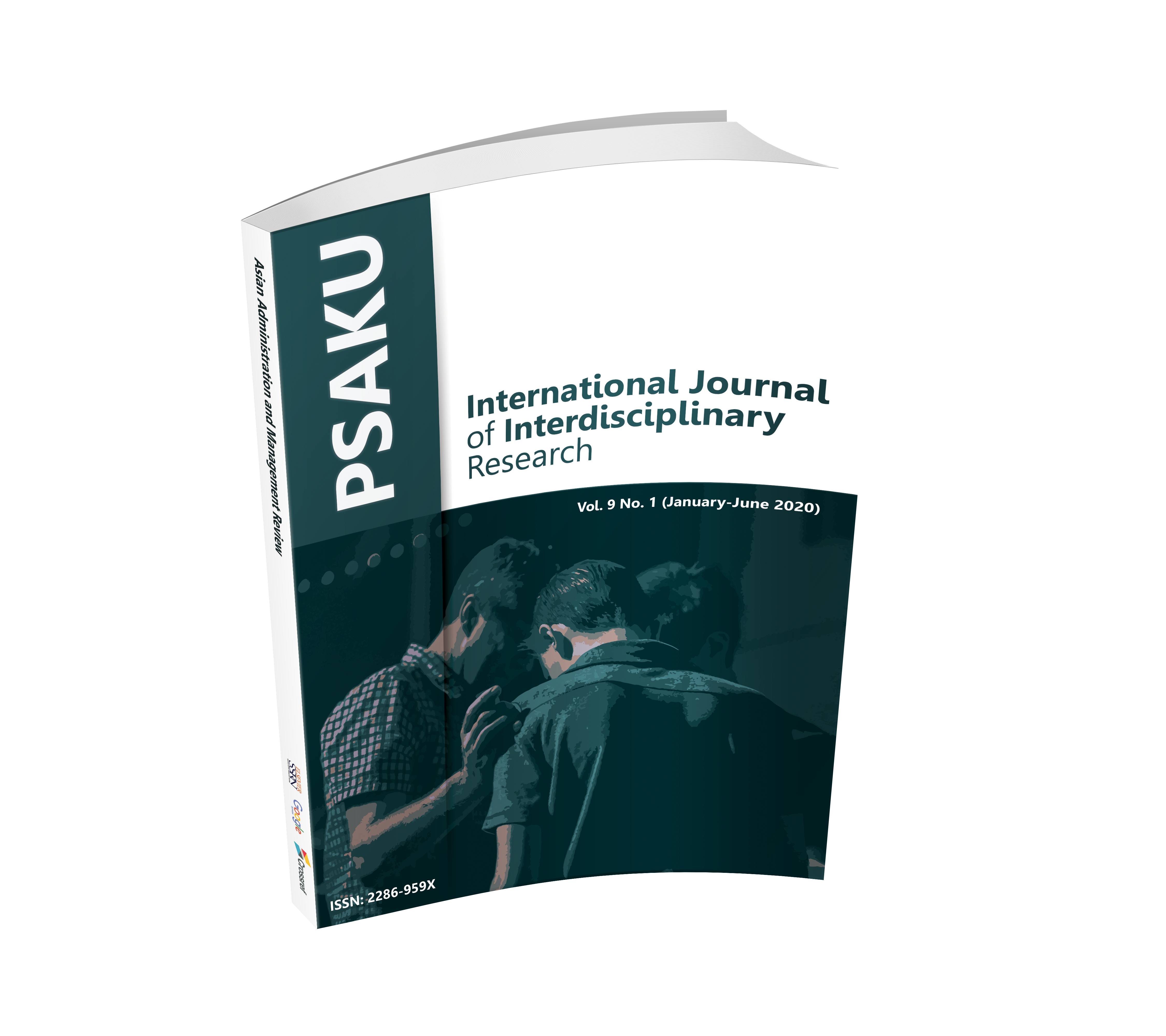A Comprehensive Analysis of R. I. Bruce Maliki System: A Case Study of Mahsud Tribe 1888-1896
Keywords:
Mahsud Tribe, Culture, Maliki System, ResistanceAbstract
This article discuss in detail the role of Maliks in Mahsud Tribal society. The different hurdles which this Maliki system faced and which undermined the effectiveness and activities of this system. This article also discuss in detail, that inspite of its timely failure for the British to control the Mahsud Tribe and ruled them indirectly, the Maliki system still exist in Tribal areas and the local Mahsud consider it a good system. Further this article discuss in detail different factors which was responsible for its partial failure during the British period. Every Tribal society has its norms and values the combination of which forms its Culture. The Mahsud Tribe of Waziristan living on Pakistan-Afghanistan border area has a unique culture and history. They are the only tribe which never subjugated to any foreign rule or governmental authority nor did they allow any foreign invader to enter their land. There independent nature, distinct culture and love of warfare make it very hard for the British government to control them permanently after the successful application of Robert Sandeman Maliki System in Baluchistan, Deputy Commissioner D.I.Khan Waziristan, R.I. Bruce introduced this model on Mahsud and other tribes of Waziristan, but he failed to get the desired results. There are multiple reasons and factors which were responsible for its unpopularity. The present paper will analyze the different factors, like the complexity of religion and Culture in Mahsud society, the role of the Afghan Amir’s, and mainly the British government state of unawareness of local culture and system and the clash of their empirical values with the local customs. Further, the results of this study will help the Pakistan government to improve their relations with the tribe.
Downloads












.png)


